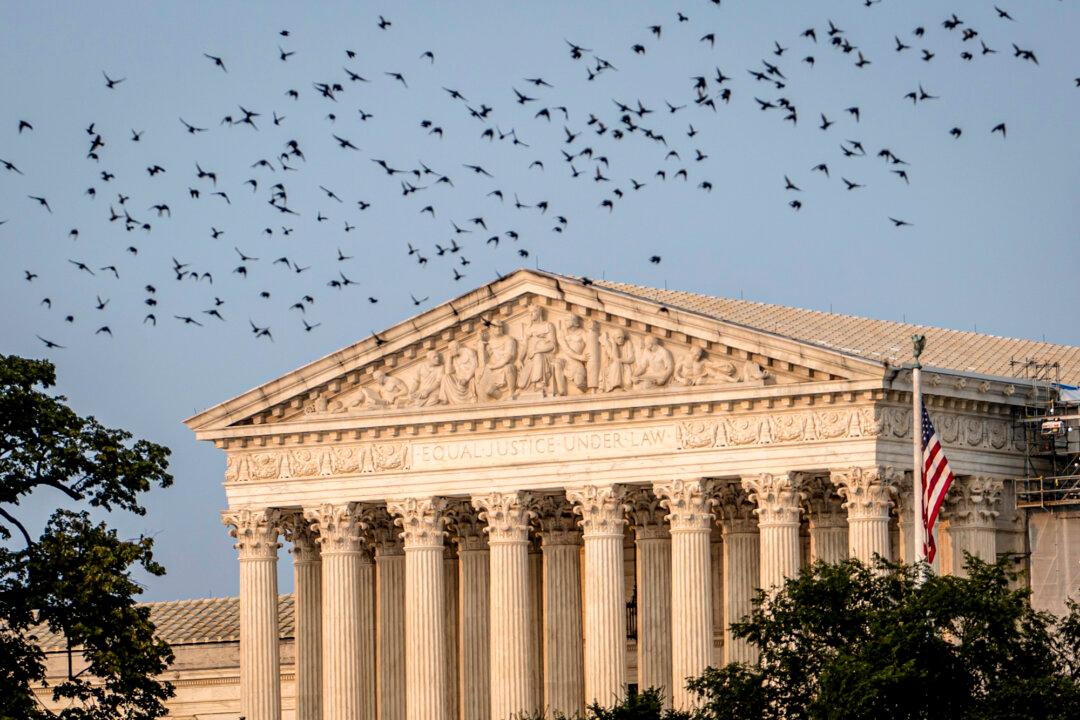The Supreme Court is hearing two cases in the coming months that question whether the government can refuse to back religious entities or deny them exemptions under the First Amendment of the Constitution.
In one case, Oklahoma Statewide Charter School Board v. Drummond, the court is reviewing whether the state wrongly denied a Catholic school admission into its charter school program. Another, Catholic Charities Bureau v. Wisconsin Labor and Industry Review Commission, involves a charity’s challenge to the state’s decision to not exempt it from an unemployment benefits law.





